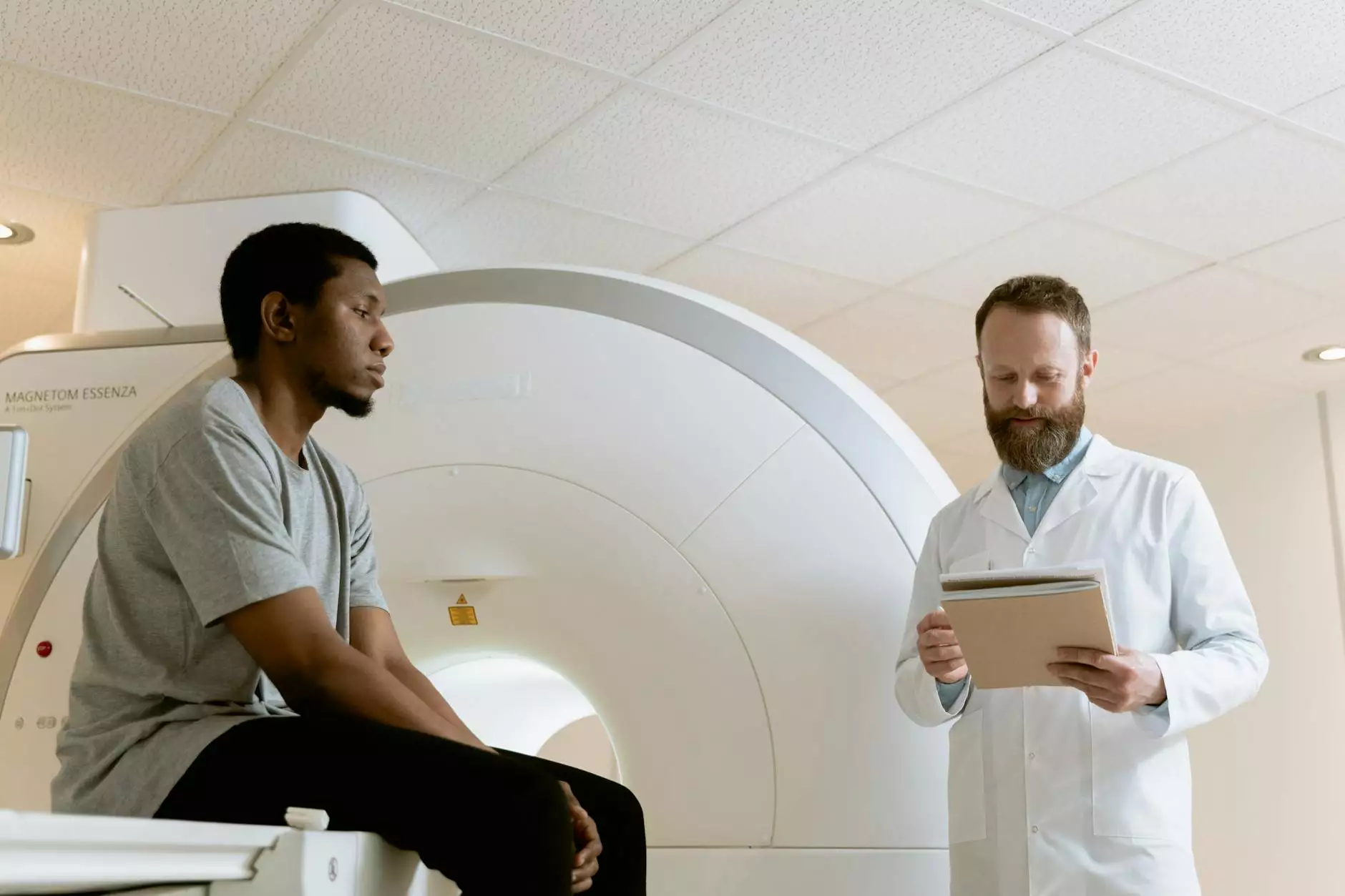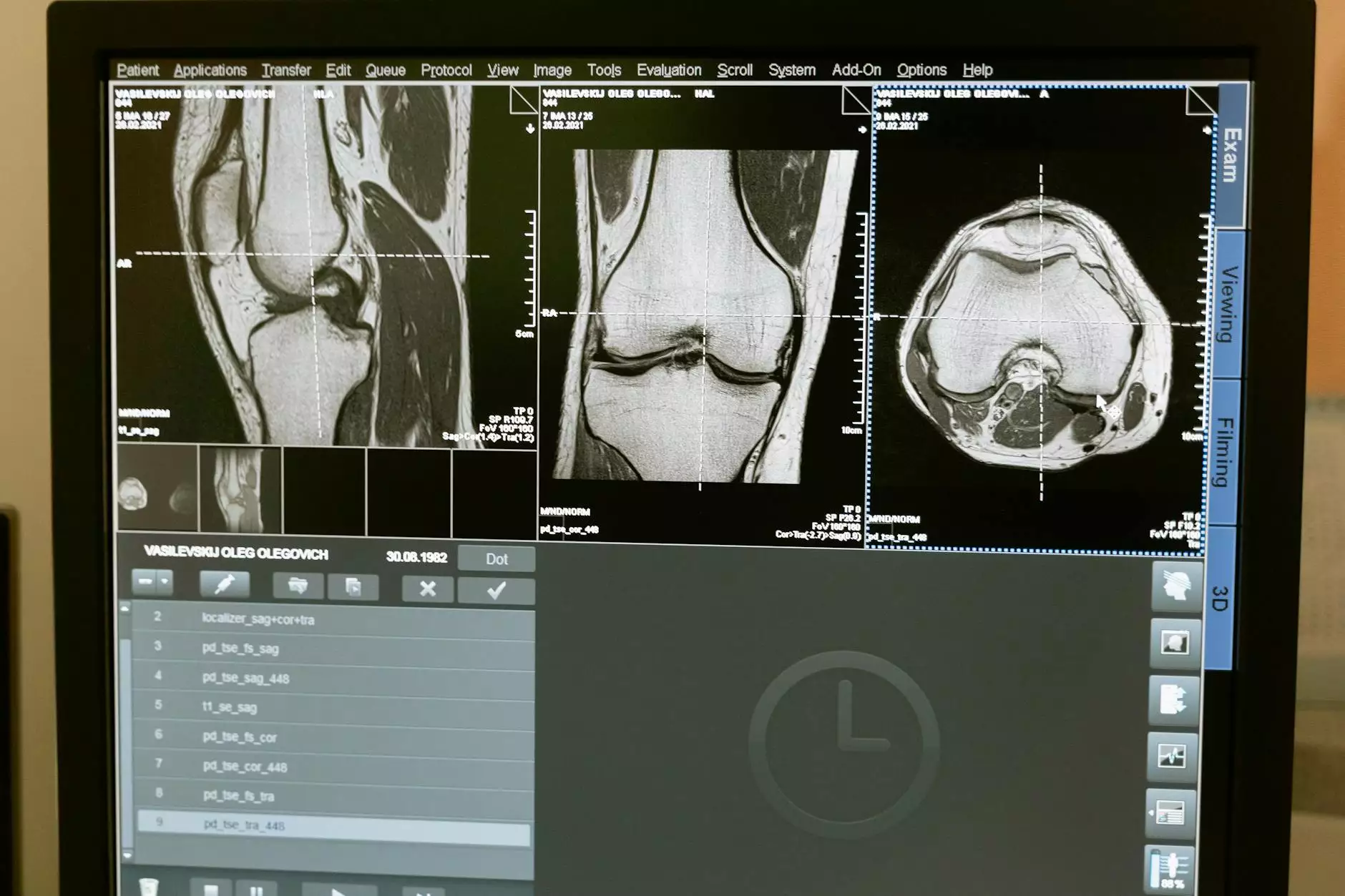Types of Brain Cancer

Introduction
Welcome to Brandt Debra S MD, your trusted source of information on brain cancer. As a leading health and medicine practitioner, we aim to provide you with comprehensive details about the different types of brain cancer, including their symptoms, causes, and treatment options.
Understanding Brain Cancer
Brain cancer, also known as intracranial neoplasm, refers to the abnormal growth of cells within the brain. This condition can result in various health issues, affecting a person's physical and cognitive abilities. Brain cancer can be classified into several types based on the origin of cancer cells and their behavior.
Gliomas
Gliomas are the most common type of brain cancer, originating from the glial cells present in the brain. These cells provide support and protection to the neurons in our nervous system. Gliomas can be further categorized into different subtypes, such as astrocytomas, oligodendrogliomas, and ependymomas.
Meningiomas
Meningiomas develop in the protective layers covering the brain and spinal cord, known as meninges. Although typically benign, they can still cause significant health problems due to their size and location. Meningiomas are more common in women than men.
Medulloblastomas
Medulloblastomas are a fast-growing type of brain cancer that commonly affects children. These tumors develop in the lower back part of the brain and can spread to other parts of the central nervous system, making early detection and treatment crucial.
Metastatic Brain Tumors
Metastatic brain tumors are the result of cancer cells spreading to the brain from other parts of the body. Cancers originating in the lungs, breasts, colon, or skin can potentially metastasize to the brain. Prompt diagnosis and treatment are essential to manage these tumors effectively.
Symptoms and Diagnosis
The symptoms of brain cancer can vary depending on the type, size, and location of the tumor. Common signs include persistent headaches, seizures, changes in vision, difficulty with speech or coordination, and cognitive impairments. To diagnose brain cancer, doctors may utilize various imaging tests, such as MRI and CT scans, along with a biopsy if necessary.
Treatment Options
At Brandt Debra S MD, we believe in providing personalized and evidence-based treatment options to our patients. The approach to brain cancer treatment may involve a combination of surgery, radiation therapy, chemotherapy, and targeted drug therapy. The treatment plan depends on factors like the type and stage of cancer, as well as the overall health of the patient.
Surgery
Surgical intervention aims to remove as much of the tumor as possible without causing significant damage to the surrounding healthy brain tissue. In some cases, complete tumor removal may not be feasible due to the risk of complications.
Radiation Therapy
Radiation therapy utilizes high-energy beams to destroy cancer cells and shrink tumors. It can be employed before or after surgery to kill any remaining cancer cells and reduce the risk of tumor recurrence.
Chemotherapy
Chemotherapy involves the use of powerful drugs to kill cancer cells. This treatment option can be administered orally, intravenously, or directly injected into the cerebrospinal fluid surrounding the brain and spinal cord.
Targeted Drug Therapy
Targeted drug therapy focuses on specific genetic mutations or pathways in cancer cells to inhibit their growth or promote cell death. This approach helps minimize damage to healthy cells and improve treatment outcomes.
Conclusion
Now that you are familiar with the different types of brain cancer, their symptoms, causes, and treatment options, it is crucial to remember that early detection and appropriate medical intervention are vital for improving outcomes. Consult with Brandt Debra S MD, your trusted health and medicine expert, to address your concerns and receive the best possible care.
Disclaimer: The information provided on this page is for educational purposes only and should not be considered as medical advice. Please consult with a qualified healthcare professional for accurate diagnosis and personalized treatment.










